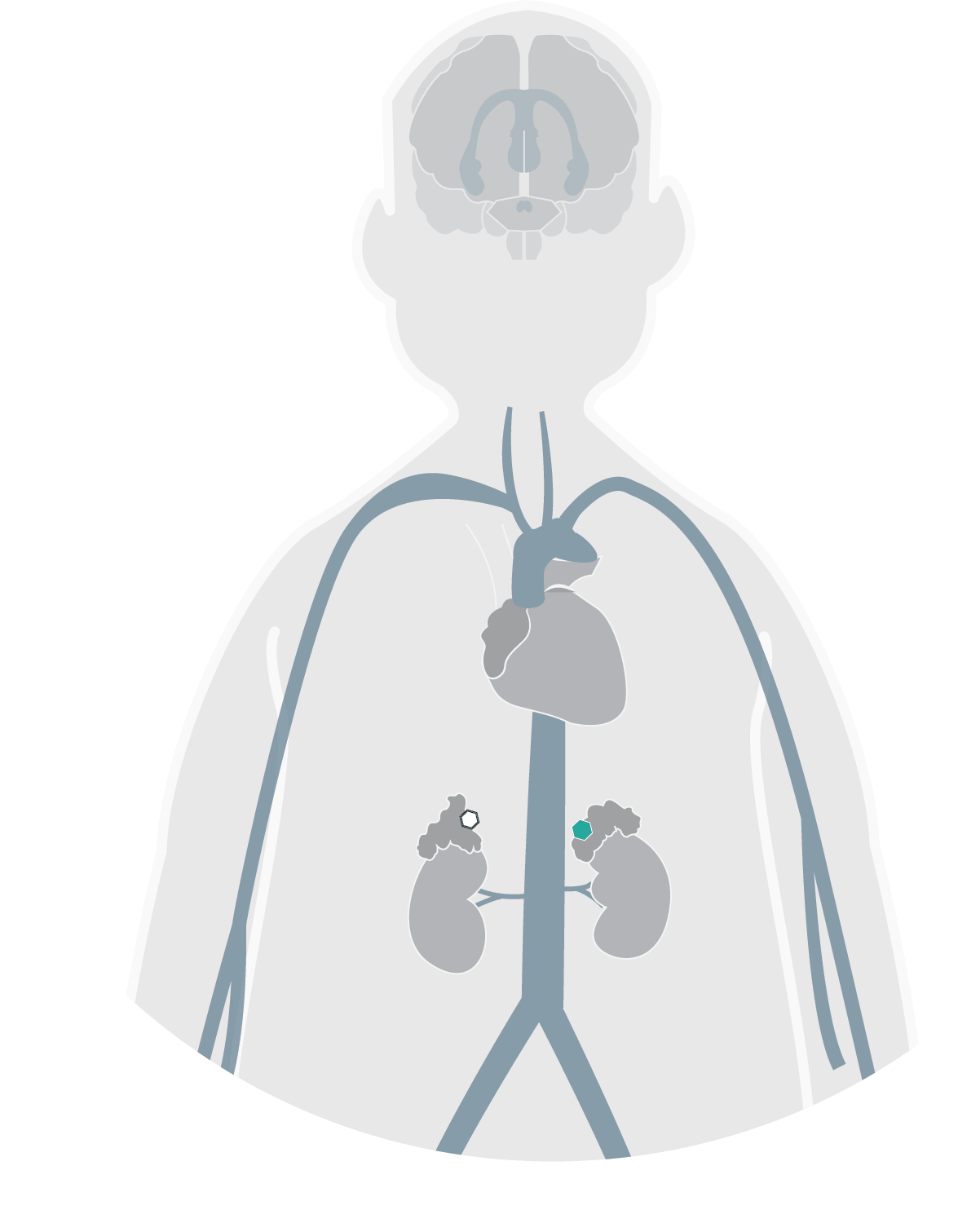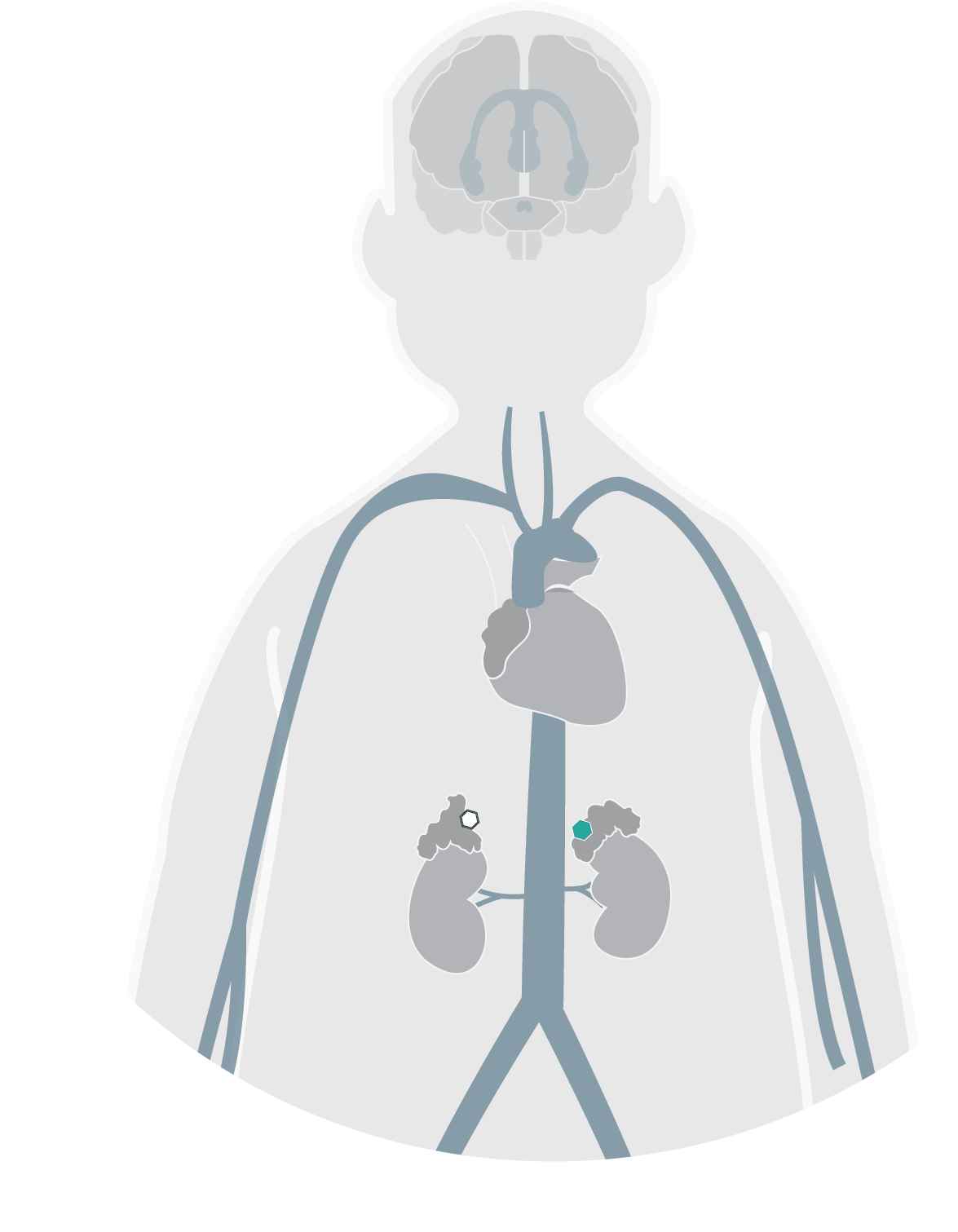



ABUSE
Emotional
Physical
Sexual
NEGLECT
Emotional
Physical
HOUSEHOLD
DISTRESS
Witnessing:
Divorce, Separation, Death, Abuse, Mental Illness, Drug Use,
Alcohol Use, Incarceration


Toxic stress and the
PREFRONTAL CORTEX
-
Loses neurons and neural connections
-
Weakens executive functions such as decision making, mood, memory, impulse control, behaviour control, creativity.





Social, Emotional, & Cognitive



Adoption of
HEALTH
RISK
BEHAVIORS
Health risk behaviors are often adopted as
coping mechanisms from exposure to ACEs.
A dose-response relationship exists between exposures to ACEs and risk factors
associated with morbidity and mortality.



Exposure
to
ACEs

DISEASES
that contribute to the leading causes of death in the United States

How does this happen?
Direct changes to
Physiology
In a stressful situation, the body prepares itself to flee from danger.
Stress triggers The HPA Axis.
As a result, high concentrations of Cortisol and Adrenaline
enter in the blood stream.
This increases heart rate,
blood pressure, and muscle vigor.
Adrenaline stiumlates increased glucose to the brain, muscles,
and organs.




COMPLICATIONS
TOO MUCH
ADRENALINE
is associated with
-
High glucose levels
-
Increased insulin resistance
-
Type two diabetes
-
Increased blood lipid levels


Without prevention and intervention, the effects of ACEs and toxic stress can continue to make people sick and
die young.
trouble maintaining social support networks.
Increased likelihood to fail in the education system, join gangs,
be unemployed, poor, homeless, incarcerated, and be a single parent.
Parents who have experienced ACEs have a harder time being buffers and providing safety for their children.
This propagates social inequalities and fragile families for future generations.
Along with ACEs , structural problems like discrimination contribute to these outcomes.
Other challenges of coping with ACEs in the absence of protective factors:
WHAT WILL YOU DO?
ACES
ADVERSE
CHILDHOOD
EXPERIENCES
Will you be ready to treat your patients?
70% of your patients will have had at least one ACE in their childhood. Adverse Childhood Experiences (ACEs) have been identified as a root cause for chronic diseases, chronic illnesses, and mortality in adulthood.

Toxic stress and the
HIPPOCAMPUS
-
Loses neurons and neural connections
-
Contributes to memory loss






















